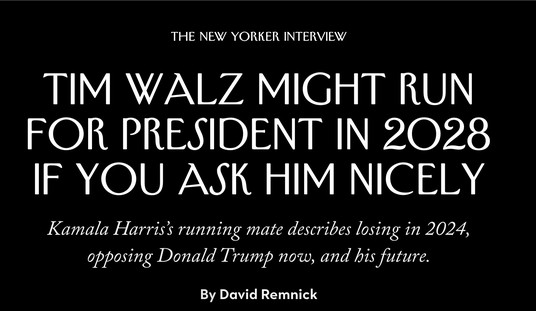The latest to jump on the disillusionment bandwagon, at least briefly — NPR. This morning, they wake to belatedly discover that Barack Obama has not kept his word on diplomatic experience as a driver for ambassadorial appointments. They are aghast that two of the key appointments have gone to political hacks, one of whom had never been in the country in which he now represents American interests:
When Obama came into office talking about change, he raised some expectations that he would alter the way he would choose new ambassadors.
“My general inclination is to have civil service, wherever possible, serve in these posts,” he said in January.
At the time, he told reporters that there would be some political appointees to ambassadorships, but that he wanted to reward the rank and file, too.
“I want to recruit young people into the State Department to feel that this is a career track that they can be on for the long term, and so my expectation is that high-quality civil servants are going to be rewarded,” Obama said.
But so far, more than half of the ambassadors he has named are political appointees — including several so-called bundlers, or superfundraisers who organize and collect campaign contributions, according to Dave Levinthal of the Center for Responsive Politics.
One of the most important positions at the moment is Japan, where a new government has taken power that may not be as connected to American policy goals as the last. Do we have an experienced diplomat in position to help with a smooth transition? Not exactly:
In Japan, Silicon Valley lawyer Roos — who had never been to the country prior to his appointment — is already settling in as ambassador. Levinthal says Roos was a bundler who brought in more than $500,000 for the Obama campaign.
And Japan isn’t an exception, either. Obama has appointed contributors rather than diplomatic professionals to positions in France, Germany, Spain, the UK, and Canada, as well as Japan — the core of America’s global alliances.
In July, the White House appeared to acknowledge that it needed to rethink its ambassadorial assignments:
The White House, unaware of historic norms, had been on track to give more than the usual 30 percent of ambassadorial jobs to political appointees until objections from career diplomats forced it to reconsider, administration officials say.
As a result of the reversal, some donors to President Obama’s election campaign – as well as senior advisers and other supporters of the campaigns of Vice President Joseph R. Biden Jr. and Secretary of State Hillary Rodham Clinton – are likely to find their hopes of being rewarded with an embassy dashed.
“The White House has come around, and we truly expect that, at the end of the process, the balance will be within historical norms,” said one senior administration official who asked not to be named because he was discussing internal deliberations.
Among our closest allies, it’s 100%. And it’s not changing, nor does NPR offer much hope that it will.








Join the conversation as a VIP Member